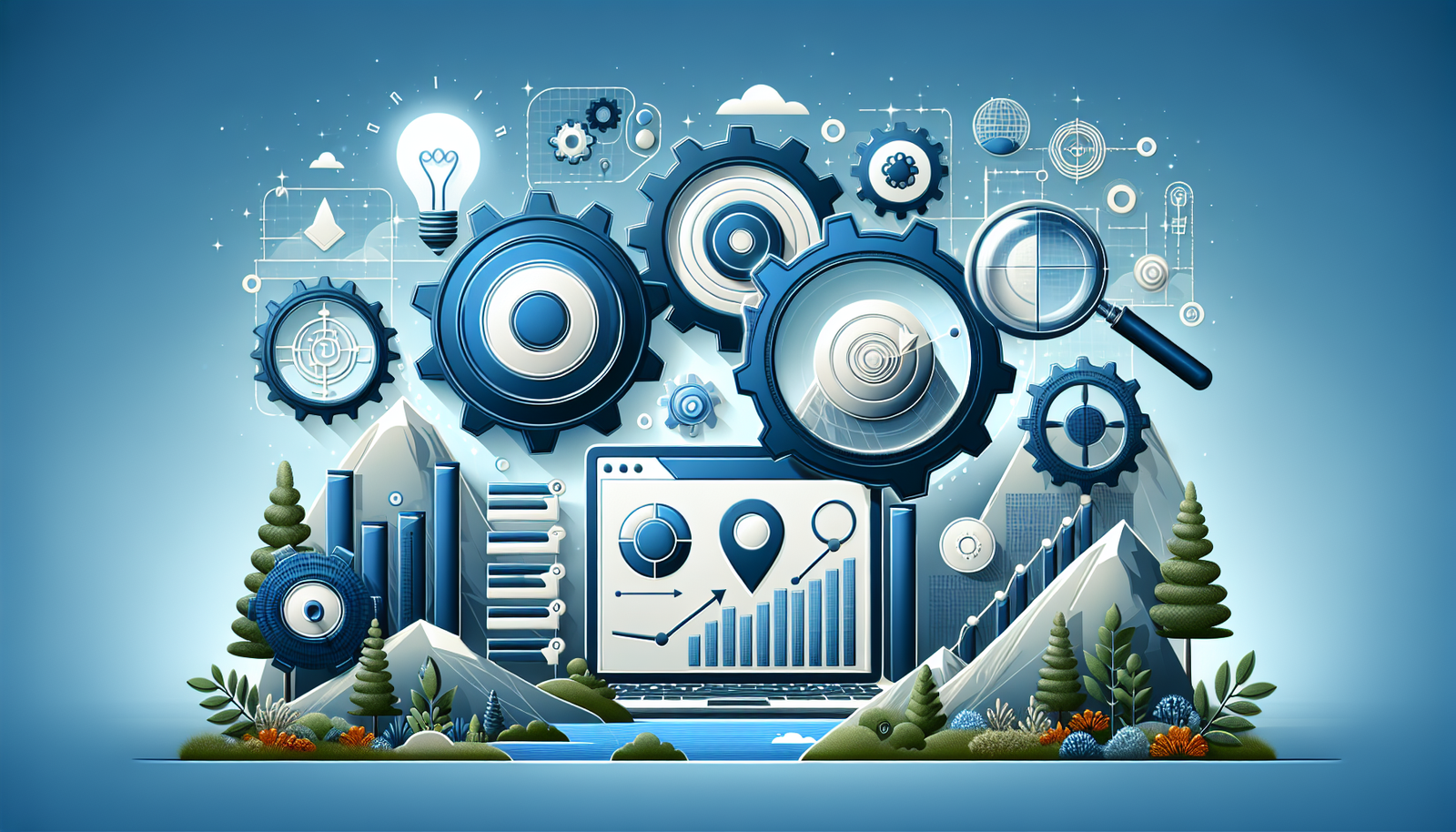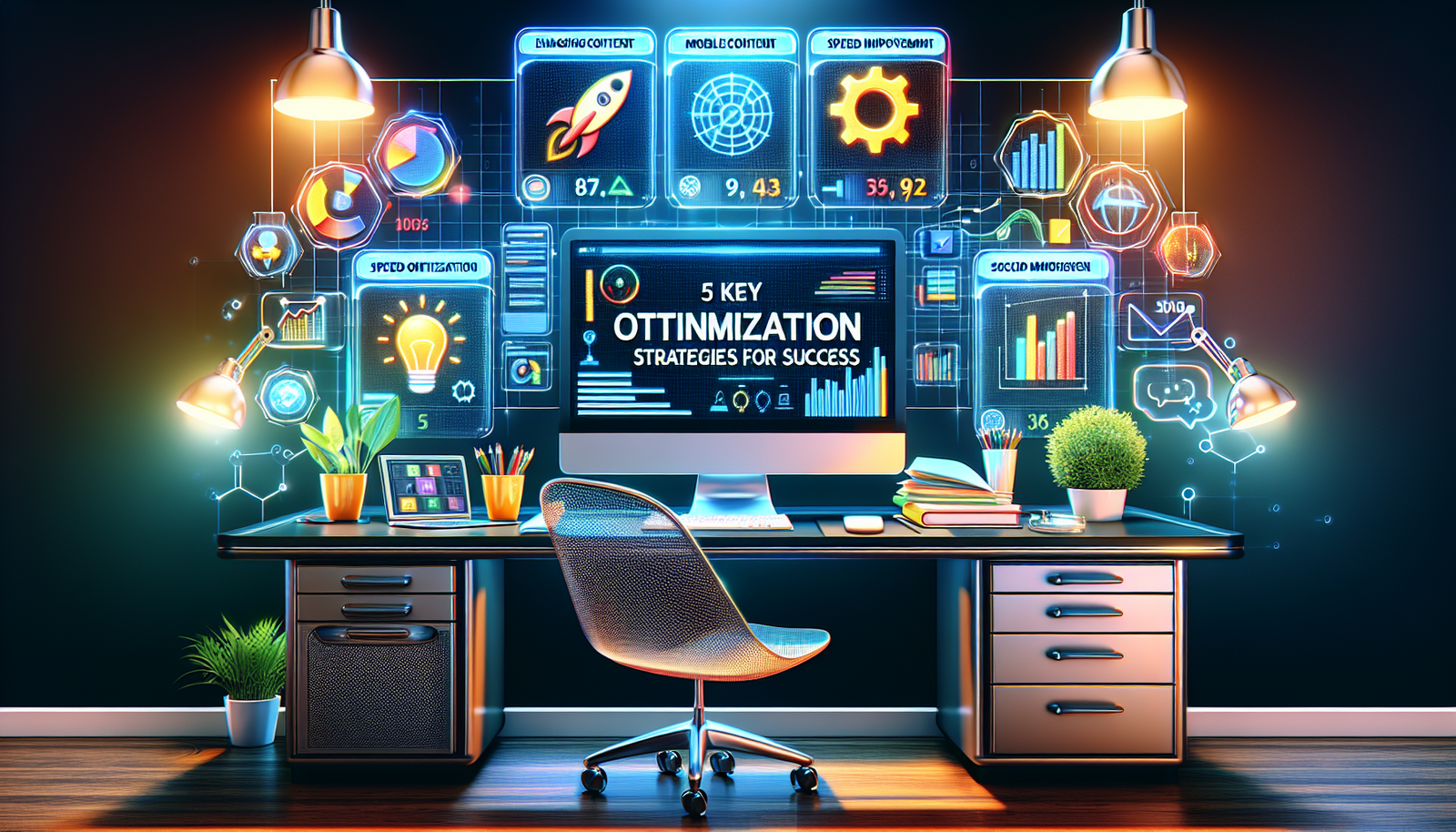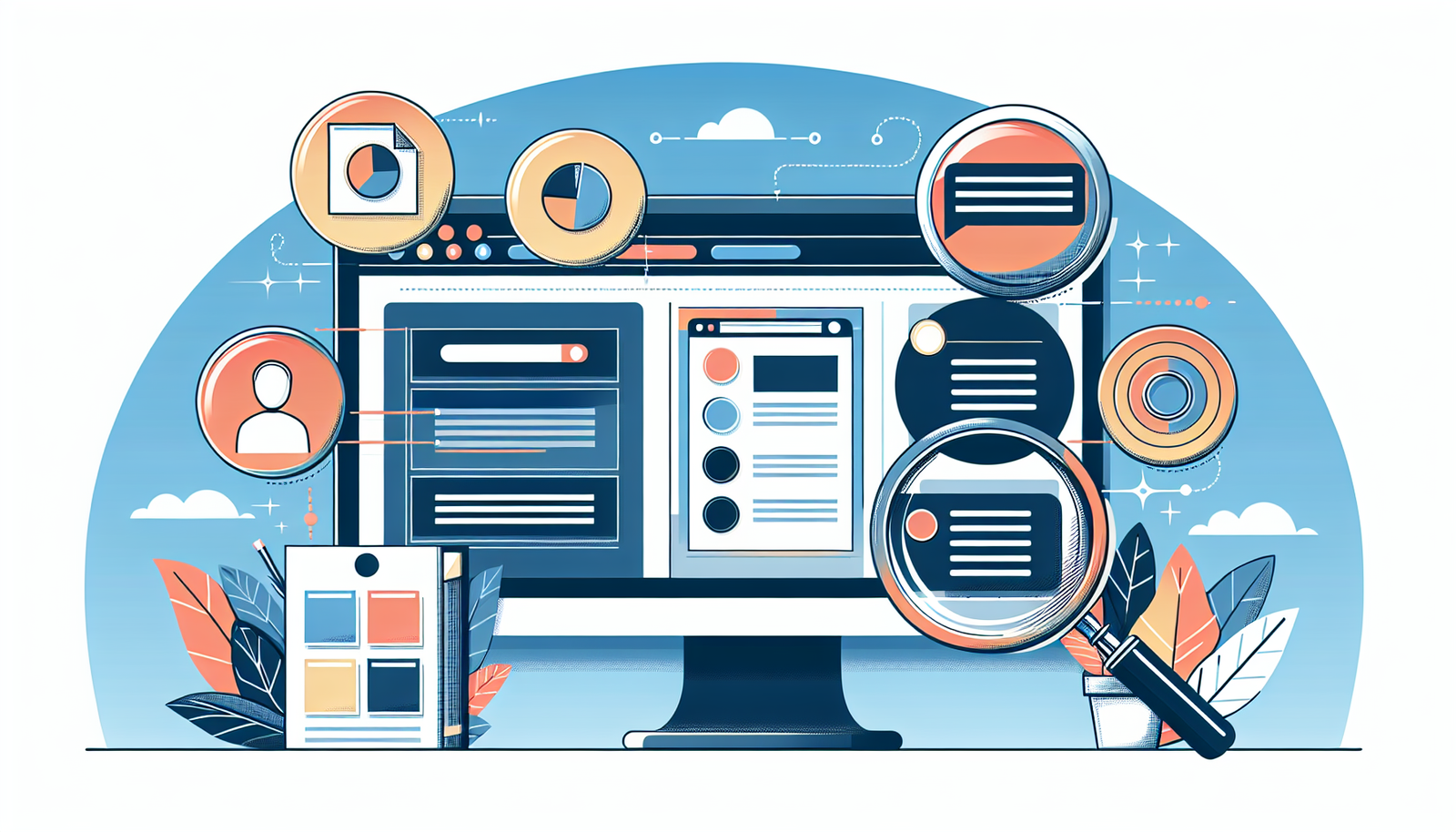Exploring the Latest in Digital Information: AI Tools, News, Robotics, and Emerging Technologies
September 18, 2024 | by kspacesdesk@gmail.com
 Photo by Robo Wunderkind on Unsplash
Photo by Robo Wunderkind on Unsplash The Rise of AI Tools: Transforming Industries
The advent of artificial intelligence (AI) tools has revolutionized how various industries operate, introducing innovations that significantly enhance productivity and efficiency. AI tools can be defined as software applications or platforms that utilize machine learning, natural language processing, and data analytics to automate tasks, analyze data, and provide insights that were previously labor-intensive and time-consuming. Their functionality varies widely, ranging from chatbots that facilitate customer service to advanced data analytics platforms that inform strategic decision-making.
Businesses across sectors are increasingly integrating these AI tools to optimize processes. For instance, in the retail industry, AI-driven inventory management systems are streamlining supply chains and reducing operational costs. Similarly, in financial services, AI tools are utilized for fraud detection, risk assessment, and personalized banking solutions. This integration not only enhances efficiency but also allows organizations to focus on innovation and growth. Furthermore, the use of AI tools is reshaping job roles, as employees are increasingly required to work alongside AI-enhanced systems, necessitating the development of new skill sets that complement these technologies.
Several standout AI tools are currently trending in the market. For instance, platforms like TensorFlow and PyTorch offer robust environments for developing machine learning models, while tools such as ChatGPT enable businesses to enhance user interactions through advanced conversational capabilities. These tools provide organizations with the ability to solve complex problems more effectively, harnessing vast amounts of data to derive actionable insights and make informed decisions.
Staying updated with the latest advancements in AI tools is crucial for organizations seeking to leverage these innovations effectively. By continuously exploring and integrating new technologies, companies can not only improve their operational models but also position themselves strategically in an increasingly competitive landscape.
Emerging Robotics and Technologies: The Future is Now
The field of robotics is experiencing unprecedented advancements as various sectors embrace innovative technologies for enhanced efficiency and productivity. Recent developments in robotics are not confined to any single industry; rather, they span across healthcare, manufacturing, and logistics, fundamentally altering the workforce landscape. For instance, in healthcare, robotic systems are transforming surgical procedures through precision and minimally invasive techniques, ultimately leading to shorter recovery times for patients. Additionally, robots equipped with AI capabilities are increasingly utilized to assist healthcare professionals in the administration of medications and monitoring patient conditions, showcasing a promising integration of technology aimed at improving patient outcomes.
Manufacturing and logistics are also undergoing significant transformations as robots become integral components of operations. These advanced systems are now capable of handling complex tasks such as assembly line work, inventory management, and quality control. Robotics technology, when combined with AI, enables smart manufacturing where machines adapt to changing conditions and improve process efficiencies in real-time. This synergistic relationship creates a landscape where human workers are complemented by intelligent machines, thus redefining job roles and encouraging the evolution of skill sets within the workforce.
Moreover, the emergence of other cutting-edge technologies such as the Internet of Things (IoT) and blockchain is instrumental in modernizing industries. IoT facilitates interconnectivity between devices, enabling seamless data exchange that optimizes operations and enhances decision-making capabilities. Similarly, blockchain offers secure and transparent solutions for data management, which is particularly beneficial in supply chain management. As businesses consider integrating these advanced technologies, the emphasis on adaptation becomes crucial for maintaining competitiveness in an ever-evolving marketplace. With the intersection of robotics, AI, IoT, and blockchain, it is evident that the future holds immense potential for businesses willing to embrace these innovations.
RELATED POSTS
View all


